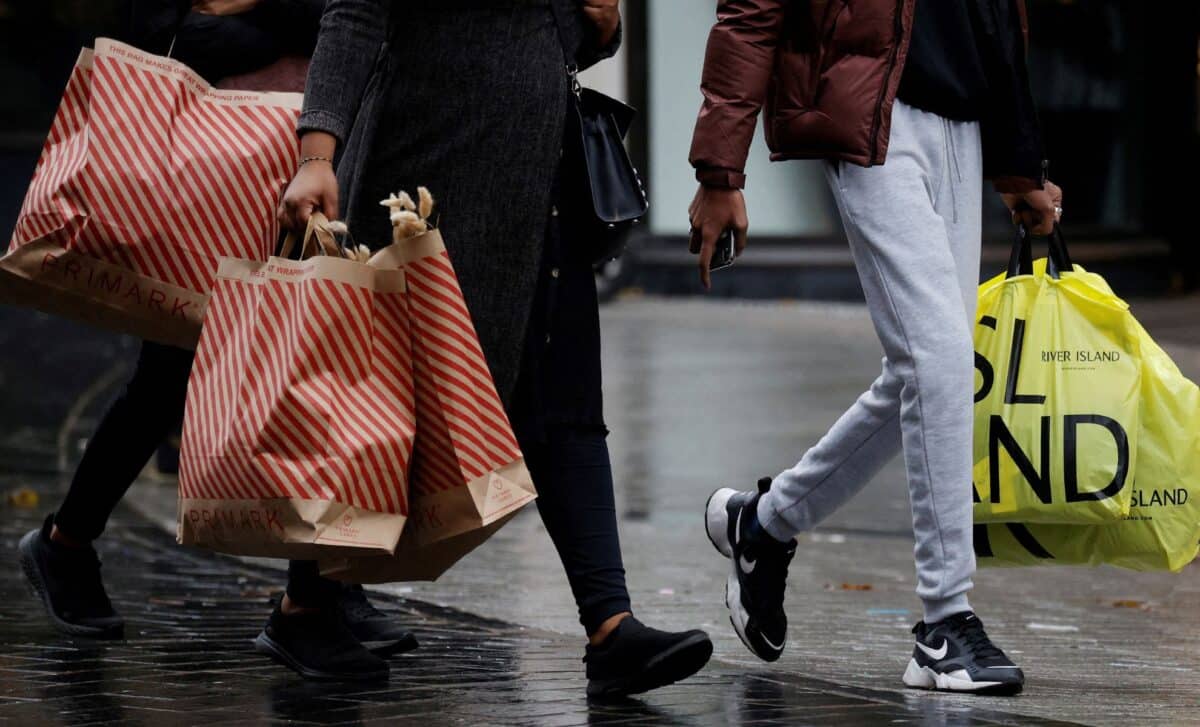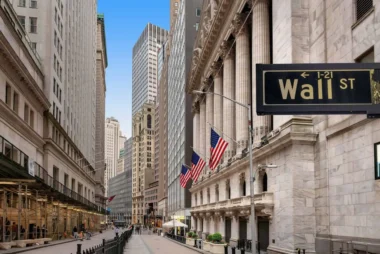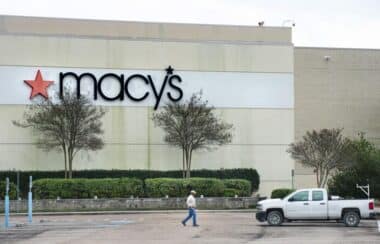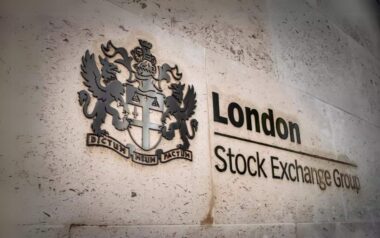As the UK enters the festive season, retailers are facing a challenging start, with sales figures weaker than expected. Despite the usual surge in demand for Christmas shopping, the retail sector has encountered significant headwinds, including rising energy bills, inflation, and low consumer confidence. The latest data paints a grim picture for high street shops, as many consumers appear unwilling or unable to spend as freely as in previous years. With the economic landscape becoming increasingly uncertain, the future of retail in the UK remains unclear.
Weak Start to the Festive Season
The retail sector’s performance in the lead-up to Christmas has been below expectations. As many retailers had hoped for a robust start to the festive shopping season, Black Friday sales failed to deliver the anticipated boost. The British Retail Consortium (BRC) noted a stark contrast between this year’s sales and those of previous years when the same period saw a surge in consumer spending. Helen Dickinson, the BRC’s Chief Executive, explained the situation, saying, “While it was undoubtedly a bad start to the festive season, the poor spending figures were primarily down to the movement of Black Friday into the December figures this year.”
The timing of Black Friday, traditionally a key date for holiday shopping, shifted this year, leading to a skewed comparison with last year’s sales. With Black Friday falling later in the year, its impact was diluted, contributing to weaker-than-expected retail performance in the preceding weeks. However, while the timing of Black Friday was one factor in the decline, Helen Dickinson acknowledged that it was not the only issue. She pointed out that low consumer confidence and the rising cost of living, particularly energy bills, were crucial factors that had a significant impact on non-food sales.
Rising Costs and Low Consumer Confidence
As energy prices continue to climb, many consumers are feeling the strain on their household budgets. With energy bills reaching all-time highs due to inflationary pressures and rising global energy costs, consumers are finding it harder to spend money on non-essential items. Many are prioritising essential purchases and curbing their spending on luxury items or seasonal goods. For retailers, this has translated into weaker demand for fashion, electronics, and other non-food goods, which typically perform well in the lead-up to Christmas.
Helen Dickinson observed that, “low consumer confidence and rising energy bills have clearly dented non-food spending.” With ongoing uncertainty around inflation, higher energy costs, and fears of potential job losses, consumers are hesitant to make discretionary purchases. Retailers have noted a significant decline in foot traffic, with shoppers more cautious about parting with their money. This reluctance to spend is creating a challenging environment for many, particularly for high street stores that rely heavily on the Christmas period to meet their annual sales targets.
The drop in consumer spending is evident in the non-food sectors, where sales of items such as clothing, electronics, and homeware have underperformed. Consumers appear to be opting for basic necessities or discounted items, avoiding the kinds of luxury and non-essential purchases that usually characterise the Christmas shopping season. For high street stores, this presents a difficult scenario, as many rely on these months to generate the bulk of their annual sales.
Government’s Role in Mitigating the Impact
The situation is further complicated by broader economic pressures, including the recent government fiscal policies. With the UK still grappling with inflation and rising energy bills, retailers have been calling for government intervention to help mitigate the cost burdens. Helen Dickinson raised an important point regarding the government’s role in navigating these challenges, stating: “How effectively the government works the industry to mitigate these costs will determine the extent of price rises and job losses in the future.”
For retailers, the cost of running their businesses is increasing. Energy bills, staff wages, and rising costs for raw materials have already eaten into profits. Many retailers are concerned that, without support or intervention from the government, these increased costs will be passed onto consumers in the form of higher prices, which could further reduce demand. Moreover, if costs continue to rise without corresponding increases in consumer spending, many retailers may be forced to make difficult decisions about their staffing levels and store operations.
The BRC has warned that job losses in the retail sector could become a reality if the government fails to provide adequate support. Price increases resulting from higher operating costs could drive even more consumers away, leading to a potential downward spiral of reduced sales, job cuts, and store closures.
Retailers are asking the government to take a more proactive role in supporting the industry, particularly as the Christmas season, usually a period of high sales, draws nearer. However, it remains to be seen how the government will respond, especially as it faces its own fiscal constraints. In the coming weeks, retailers and policymakers alike will be closely monitoring sales trends and consumer sentiment, hoping for a shift that can lead to a more prosperous end to the year.
The Road Ahead for Retail
The coming weeks will be crucial for UK retailers. Despite a difficult start to the festive season, there is still time for retailers to bounce back, especially if consumer confidence improves. However, the cost-of-living crisis, coupled with high energy prices, means that the retail sector’s prospects remain uncertain. Retailers are hoping that increased promotions and discounts will encourage consumers to spend in the run-up to Christmas, but it’s clear that they will need government support to weather the storm.
As Helen Dickinson has highlighted, the government’s ability to effectively support the retail industry in navigating the challenges of rising costs will be crucial. If the government can work with retailers to find solutions to the current economic pressures, it could help reduce the risk of widespread job losses and store closures. However, if the current economic climate persists, the retail sector could continue to face significant hurdles, and the future of high street shopping in the UK could be in jeopardy.









